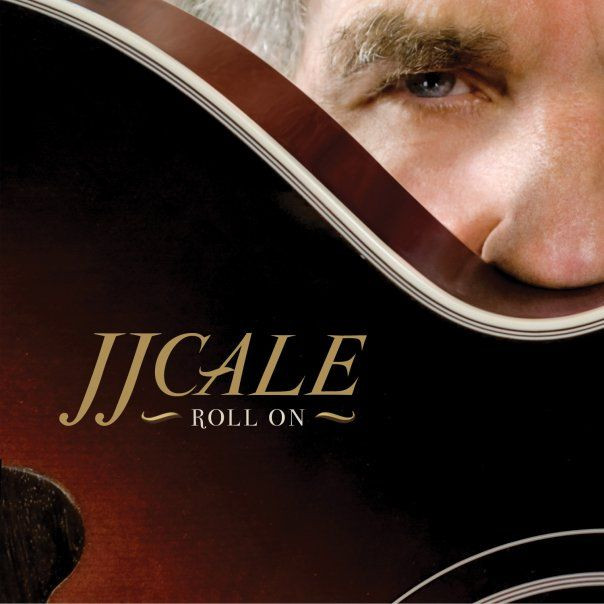JJ Cale, Musician And Songwriter Of ‘After Midnight’ And ‘Cocaine,’ Dies Of Heart Attack At 74 [VIDEO]

JJ Cale passed away at 8:00 p.m. on Friday night at Scripps Hospital in La Jolla, Calif., according to his website. Well-known as the songwriter of "After Midnight" and "Cocaine," recorded and made famous by Eric Clapton, he suffered a heart attack. No earlier reports of illness were made. In 2007, he won a Grammy Award for an album he recorded the previous year with Clapton, The Road to Escondido. His website states that no immediate plans for services have been made. He is survived by his wife, Christine Lakeland, who is a veteran member of his road band.
Noted for maintaining a low-profile, a rarity among rock musicians, Rolling Stone reports that Cale told the Chicago Sun Times in 1990, "I'm a background person. I'm not a household name. People have heard my music, but all my famous songs were made famous by somebody else. . . . But that was my goal."
His career spanned many years, with an official beginning in 1972, when he recorded his album Naturally. "I remember when I made my first album ... I was 32 or 33-years-old and I thought I was way too old then," said Cale as reported on his website. The last solo album he recorded was Roll On in 2009, though a subsequent collection of his music was released in 2011 and he appears as a guest musician on Clapton's most recent studio album, Old Sock, which was released earlier this year. For many of his solo records, Cale played most of the instruments himself and was reported to be fond of experimentation.
Liner Notes
Cale was born in Oklahoma City on December 5, 1938 and raised in Tulsa, Okla. His original name was John Weldon Cale but he changed it so as not to be confused with the musician John Cale from the New York band, Velvet Underground. The Guardian reports that Cale became friendly with Leon Russell, another Tulsa musician, and was inspired by him to move to Los Angeles in the early 1960s. He worked as an engineer for Russell while also recording his own songs, though they were not commercially successful. He cut three singles for Liberty records in those early years, one of which featured "After Midnight" as a B side. During those early years in Los Angeles, he also joined a band called the Leathercoated Minds, which also made an unsuccessful disc in 1967.
Cale returned to Tulsa and, according to Wikipedia, was considering giving up, but in 1970 everything turned around when Clapton recorded his song, "After Midnight" and its producer, Audie Ashworth, invited Cale to Nashville where he recorded Naturally. Although not a huge financial success, this achievement allowed him to continue within the music business. Cale's distinctive sound, often described as deceptively laid-back, draws on many influences, including folk, blues, rockabilly, jazz, and country, and he is said to have inspired many Southern rock musicians, including Lynyrd Skynyrd, a popular, widely-touring band that recorded his song, "Call me the Breeze," in 1974.
On his website, he is quoted as saying, "[Fame] elevates your ego to the point where you start believing your own bullshit. So, what we did was we didn't put any pictures on any of my albums. It wasn't a planned thing, I'm not really a recluse, but it drifted in that way and it became a good press item, something to make me look like somebody..."
DIY
His wife, Lakeland, played as second guitarist as well as background singer on every one of his albums since the late 70s. Yet, Cale is considered to be a pioneer in solo experimentation made possible by music technology, and many consider his singular approach of do-it-yourself artistry as the most important genesis of his distinctive sound. "I think it goes back to me being a recording mixer and engineer. Because of all the technology now you can make music yourself and a lot of people are doing that now," said Cale as quoted on his website. "I started out doing that a long time ago and I found when I did that I came up with a unique sound."
In fact, he is reported to have taken pride in his role as engineer and co-producer of the Grammy award winning The Road to Escondido, perhaps even more than in his original work as an artist.
A video of his work, courtesy of YouTube, can be seen here:



























